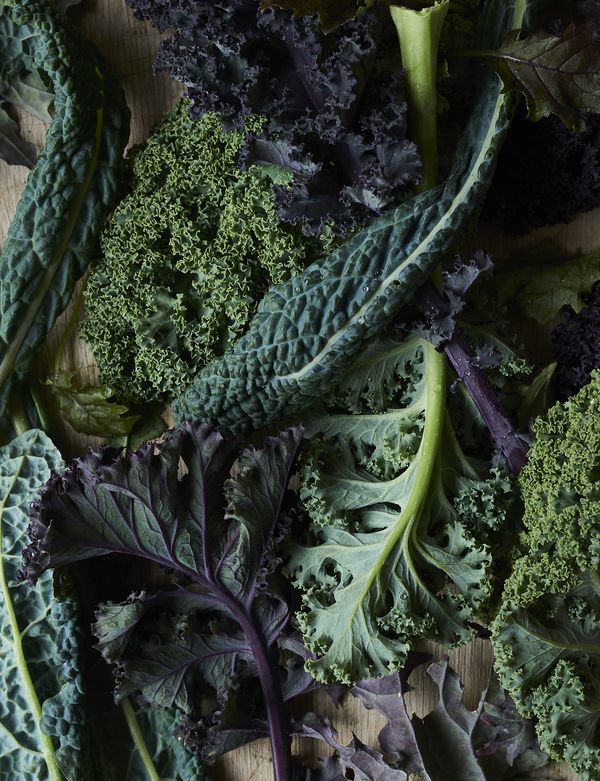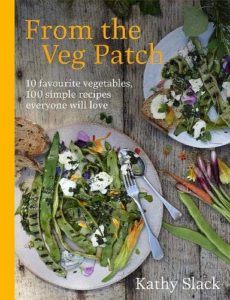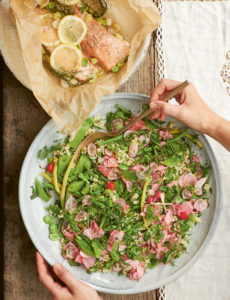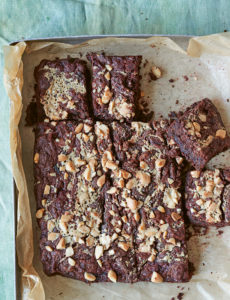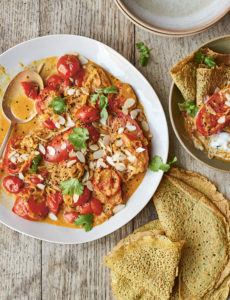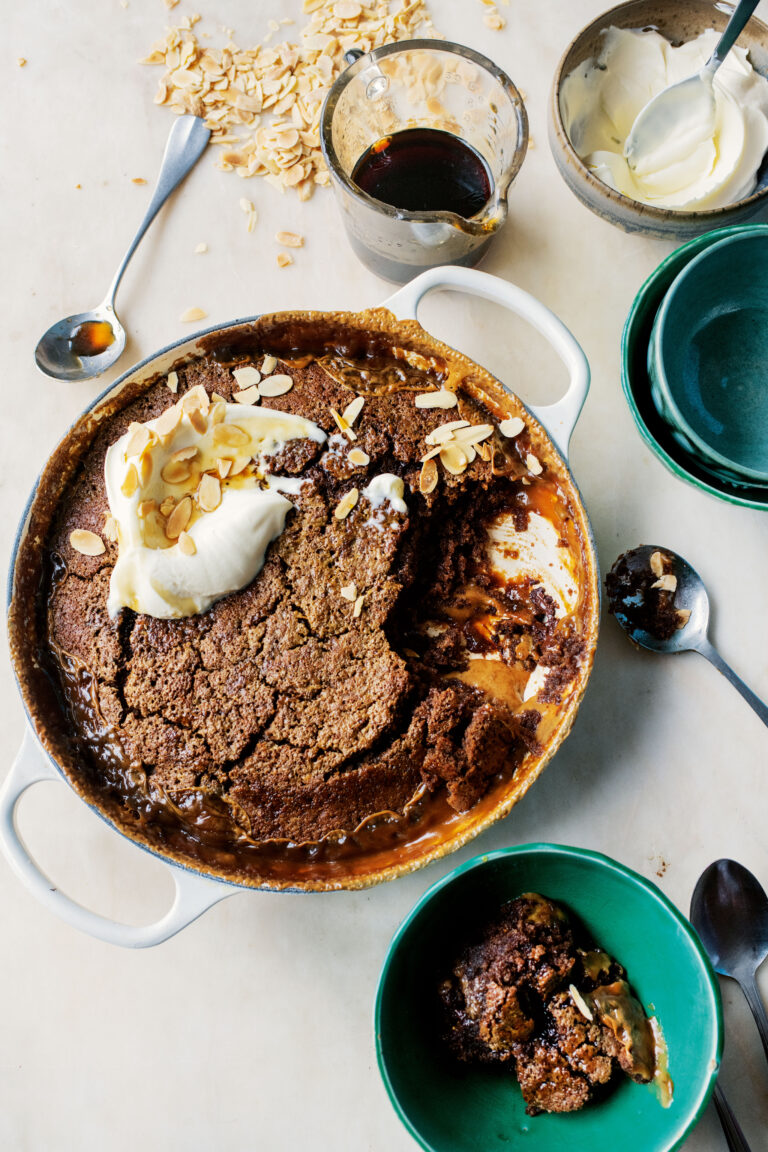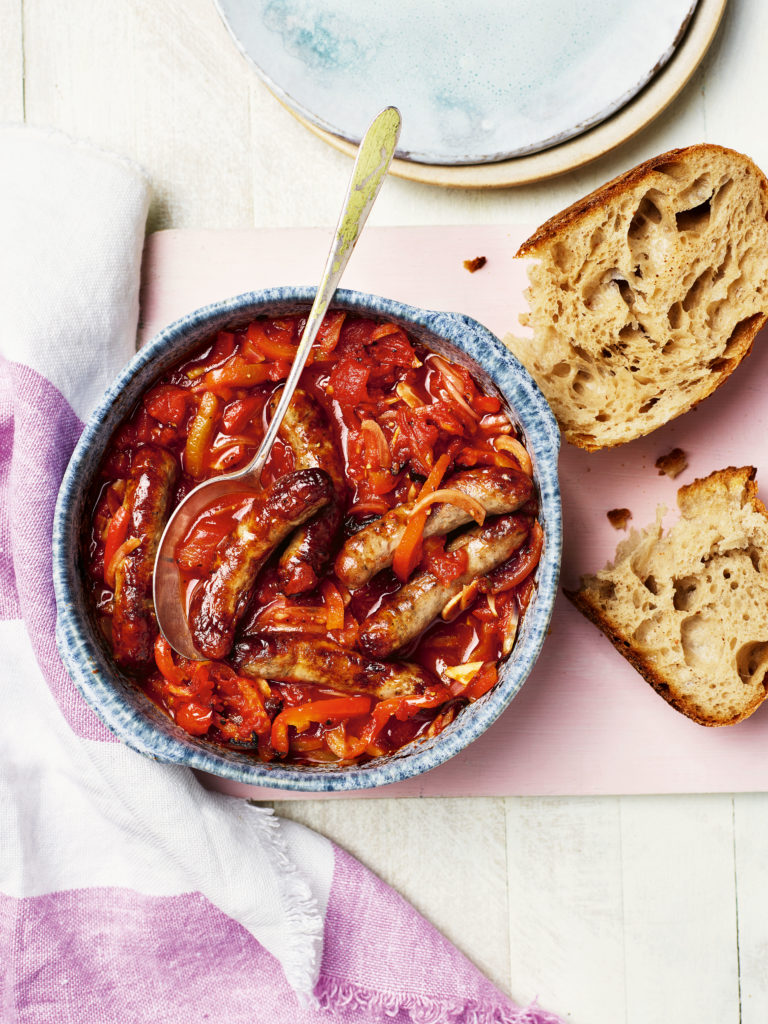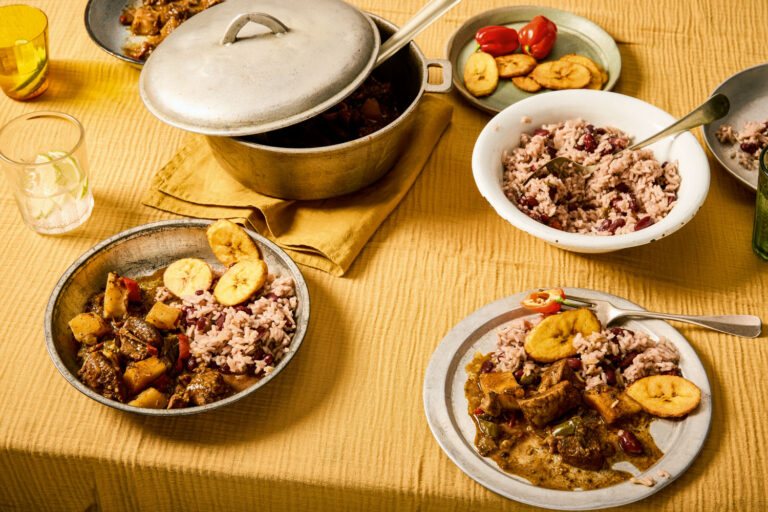We are truly in the depths of the Hungry Gap now. The winter crops are virtually spent and the spring harvests are little more than tiny leaves reticently poking their noses above the compost to inspect the weather. They are right to be skeptical. Though we may cling to every sign of spring we see for the hope and optimism it brings (I for one am shrieking with glee at every daffodil and damson tree in blossom), there are still frosts to come and chilly, grey days. There are things to sow, grow, and eat, but proceed with caution.
What to Plant Now
March is a time to sit on your hands. It is very, very, tempting to sow seeds outdoors now, but I recommend waiting until the clocks have changed (28th March this year) before you do so. Those extra few minutes of daylight will transform the growing conditions in your garden or on your balcony, offering much warmer, brighter, happier times for newly sown seedlings.
Traditionally, I have a big seed sowing binge over the Easter bank holiday, which this year is perfectly timed at the beginning of April. That weekend, I will sow hardy, quick growing veg like radishes, a stout lettuce called ‘Merveille des Quatre Saisons’ and peas (‘Early Onward’) directly into drills made in the soil. I might even risk some beetroot, but only if the soil is warm. I find beetroot languishes if sown too early.
In the meantime, you can plant broad beans seeds into modules and keep them somewhere sheltered and light (a coldframe is ideal) until they germinate, then plant them out. They are frost hardy, so you could risk a direct sowing, but my resident mice are broad bean connoisseurs and will pinch a whole row of freshly sprouted seeds in a single raid. Hence the protection of the cold frame.
What to Harvest in March
Accomplished growers with lots of space will have purple sprouting broccoli to harvest. They will have sown in April, potted them on in May, then planted them out in the summer, giving each plant a square metre to grow in, staking them and netting them against the winter weather and pigeons. This requires advanced planningbeyond me, not to mention a lot of space, I buy mine from a veg box company.
I do have kale though. It was looking a bit forlorn in February after a week of frosts, but seems to have bounced back now and is providing a welcome bowl full of homegrown greenery every week or so. The ‘Russian Hungry Gap’ kale especially is in its element. This red-veined, none-curly variety sits and sulks all winter then perks up around now and is a godsend come the Hungry Gap – clues in the name, I suppose.
What to Cook with a March Harvest
Whatever sort of kale you can get your hands on – red, black, green, curly, Russian – will be terrific now. And if you are lucky enough to have a glut, here’s what I recommend:
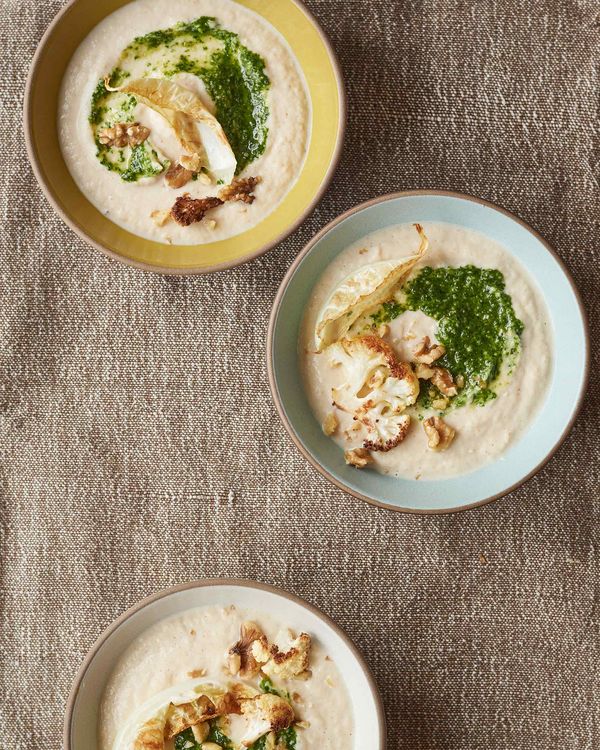
Cauliflower Soup with Kale Pesto
A warming vegetarian meal for chilly soup days. Creamy roast cauliflower soup topped with kale and walnut pesto, cauliflower leaves and walnuts. Keep leftover pesto (a great use for a kale glut) in small portions in the freezer for emergency soup-swirling needs.
Find the recipe on my website.
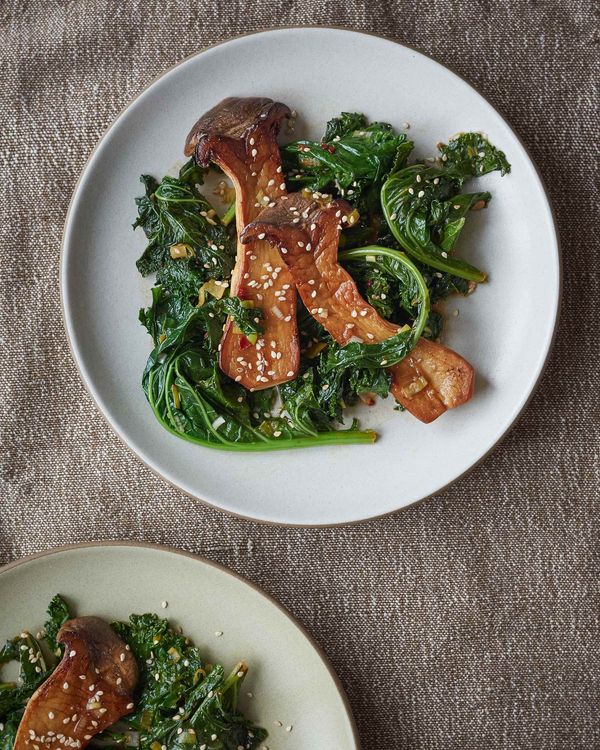
A simple – accidentally vegan, if you omit the butter – supper or side dish bursting with rich, umami flavours: lime, miso, soy, mirin and sesame. Use oyster mushrooms to make this a main course, or serve with rice or noodles.
Find the recipe on my website.
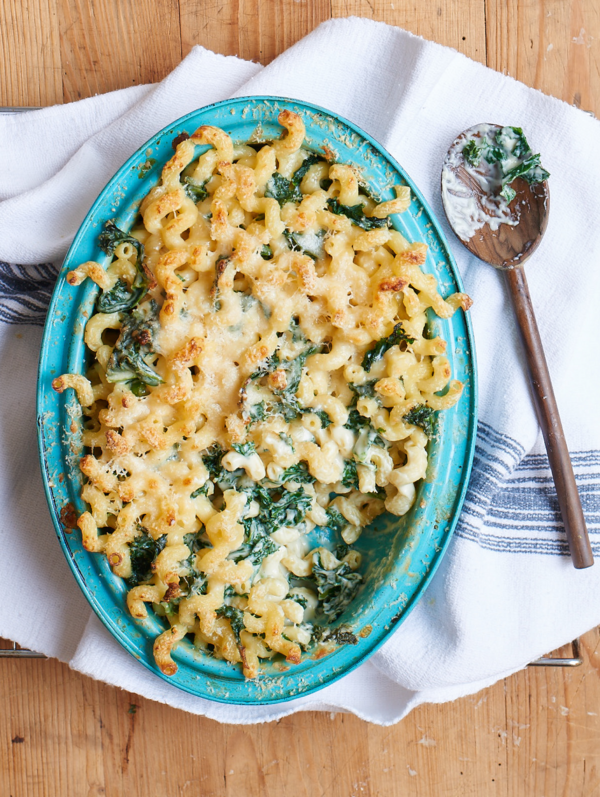
Mustard Kale Mac and Cheese by Nadiya Hussain
As if mac and cheese could get any better! But Nadiya Hussain’s addition of kale to the sauce is a stroke of genius and a great choice when you need mid-week comfort.
Get Nadiya’s recipe here.
Kathy’s cookbook, From the Veg Patch, is out now.
From the book
Buy From
Find Kathy’s other monthly guides here: January, February, April, May, June, July.
